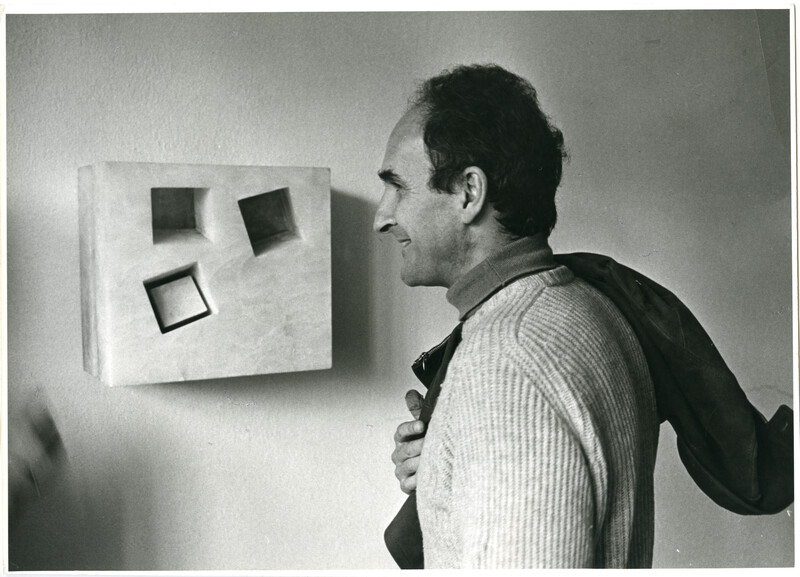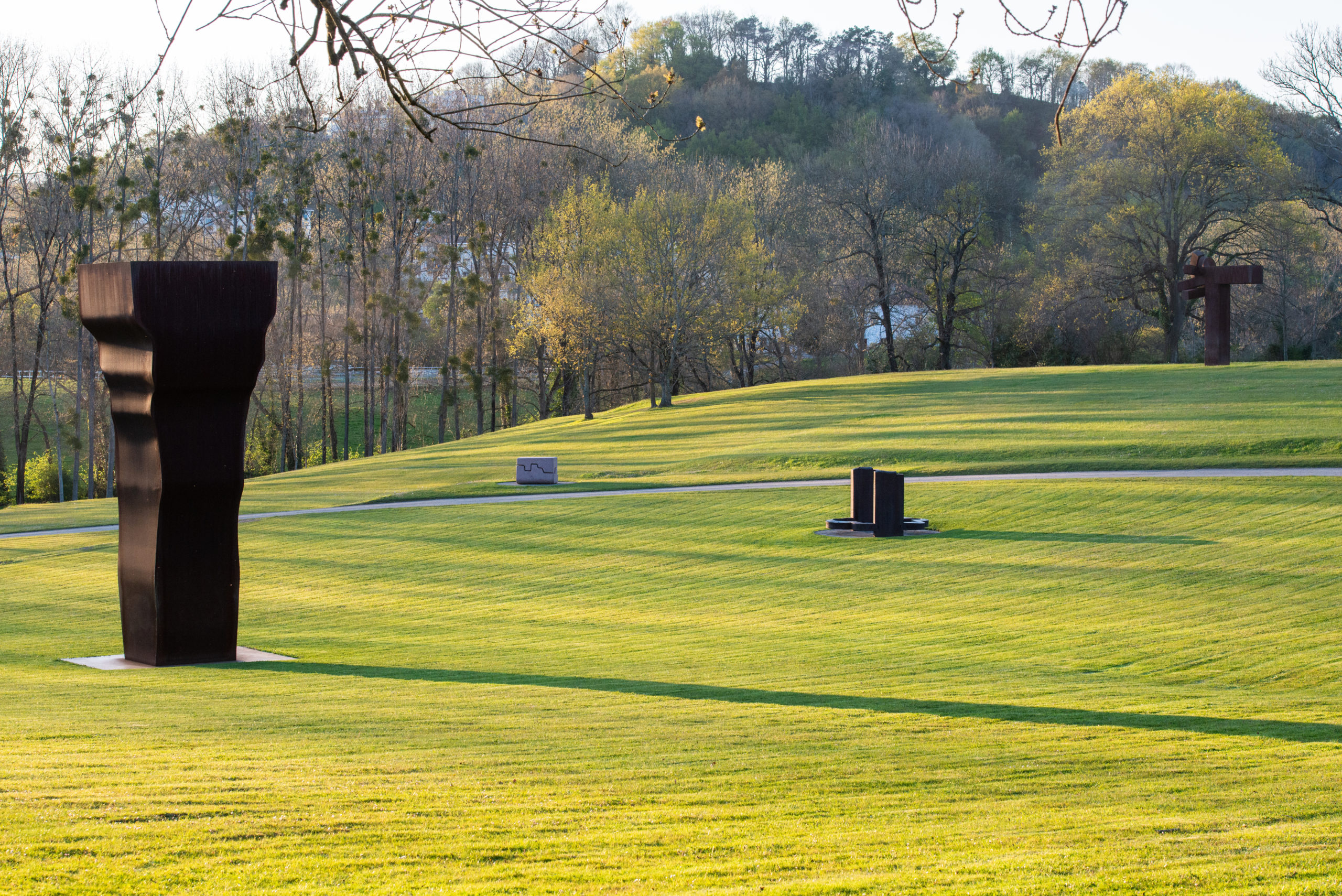
Chillida Leku
Chillida Leku is a unique museum created by Eduardo Chillida in his lifetime, and is a great work of art in itself where nature and art naturally come together in the space.
Coming Soon
‘Eduardo Chillida. Harri, Lurra, Huts’ opens on 6 February.
Please visit the Chillida Leku website to keep up to date with the latest information.
Plan Your Visit
The museum is open Thursday – Monday, 10 am – 5 pm
Public transport
From Donostia-San Sebastián: Bus BU05 Buses run every half hour. The stop called ‘Chillida Leku’ is directly outside the museum.
More information about the bus route here.
Taxi Vallina T. +34 943 40 40 40 Taxi Donostia T. +34 943 46 46 46
Nearby airports
Donostia (EAS) – 20 km Biarritz (BIQ) – 40 km Bilbao (BIO) – 100 km
Prices
€14 Adults.
€10 Groups (10+ people), students, people older than 65 years old.
€7 Children under 18 years old, visitors with disabilities or unemployed.
€0 Children under 8 years old.
Annual pass
€40 Adults.
€30 Groups of 10+ people, students, people older than 65 years old.
€20 Children under 18 years old, visitors with disabilities or unemployed.
Ticket and guided tour
€20 Adults.
€16 Students and people older than 65 years old.
€10 Children under 18 years old, visitors with disabilities or unemployed.
Groups
We offer exclusive guided tours for groups of up to 20 people. The price of the visit is €125 and each person in the group must also purchase a ticket to enter the museum.
Our guided tours are in English, Spanish, French and German.
Purchase your tickets online.
There is a free car park on-site providing easy access to the museum and restaurant.
All public areas are wheelchair accessible. If you require any special accommodations due to a disability, please contact the museum in advance of your visit to discuss your requirements.
Pets are not allowed in the museum.
What’s On in Chillida Leku?
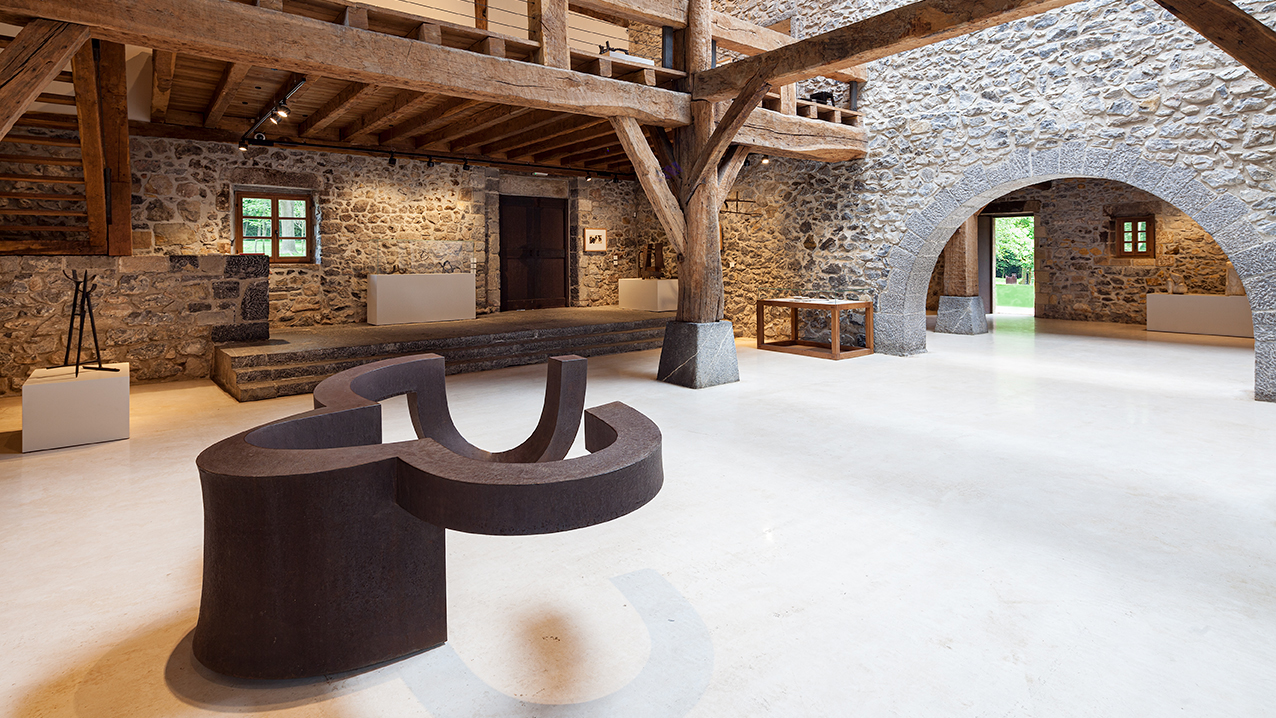
Collections Works
Discover the collection of works by Eduardo Chillida by walking through the garden and visiting the interior of the Zabalaga farmhouse.
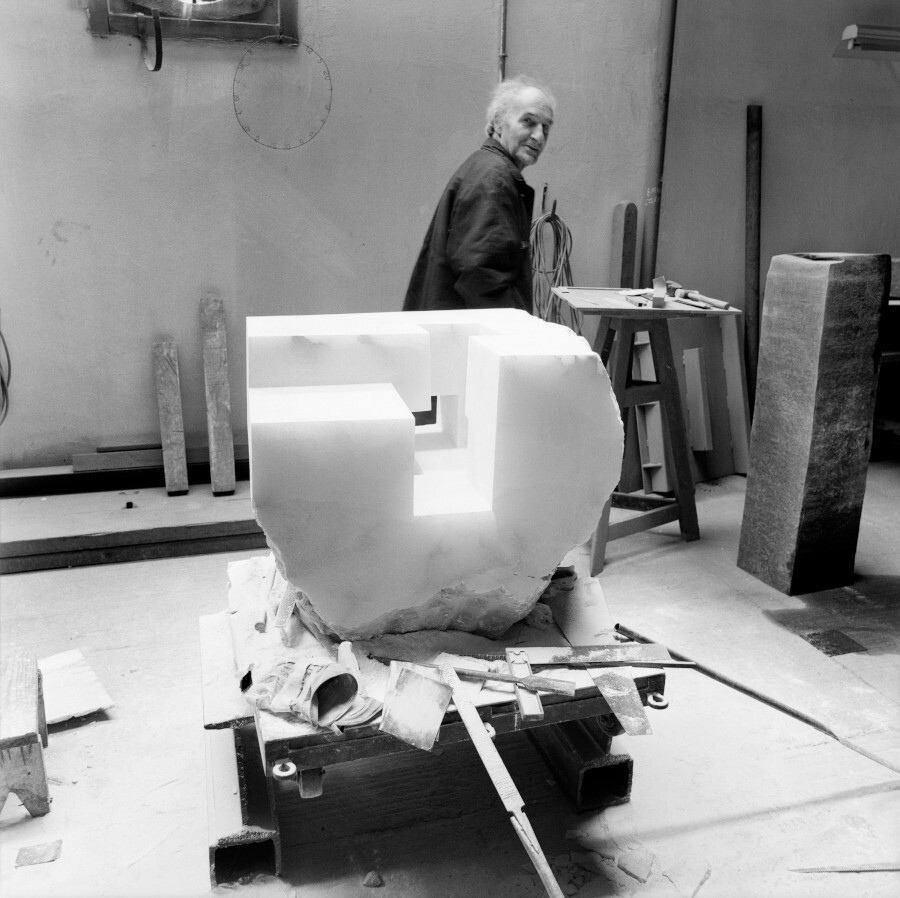
Harri, Lurra, Huts
The exhibition explores Eduardo Chillida’s material universe from the perspective of earth and stone, bringing together around one hundred works, including his well-known Lurrak, chamotte earth sculptures, monumental and small sculptures in different types of stone and graphic work on supports such as cement or marble.
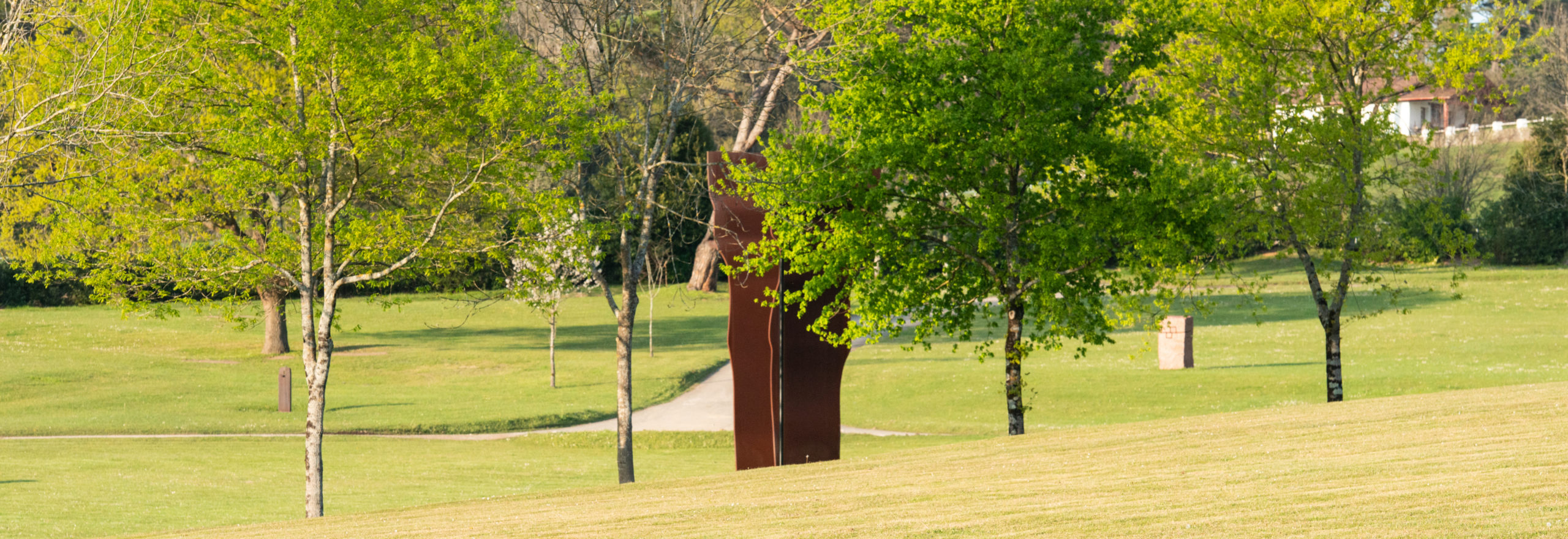
Garden
The 11-hectare Chillida Leku garden is home to more than 40 monumental sculptures. The carefully arranged works converse with nature as well as with one another. There are two distinct areas in the external part of the museum.

Zabalaga Country House
The sculptor maintained the traditional identity of the country house in the restoration works. Outside, the country house retains its traditional appearance. Its mixed walls alternate masonry with ashlar. The latter, in particular, is used around the bays. Two triangular buttresses have also been preserved at both sides of the south facade. The building retains the wooden structural framework and the original Zabalaga family coat of arms, which is carved into the north facade.
Chillida approached the building restoration as though it were a sculpture. It was a long process, governed by freedom of action and by a double purpose: to introduce space inside the building and to preserve its identity.
Cafe and Shop
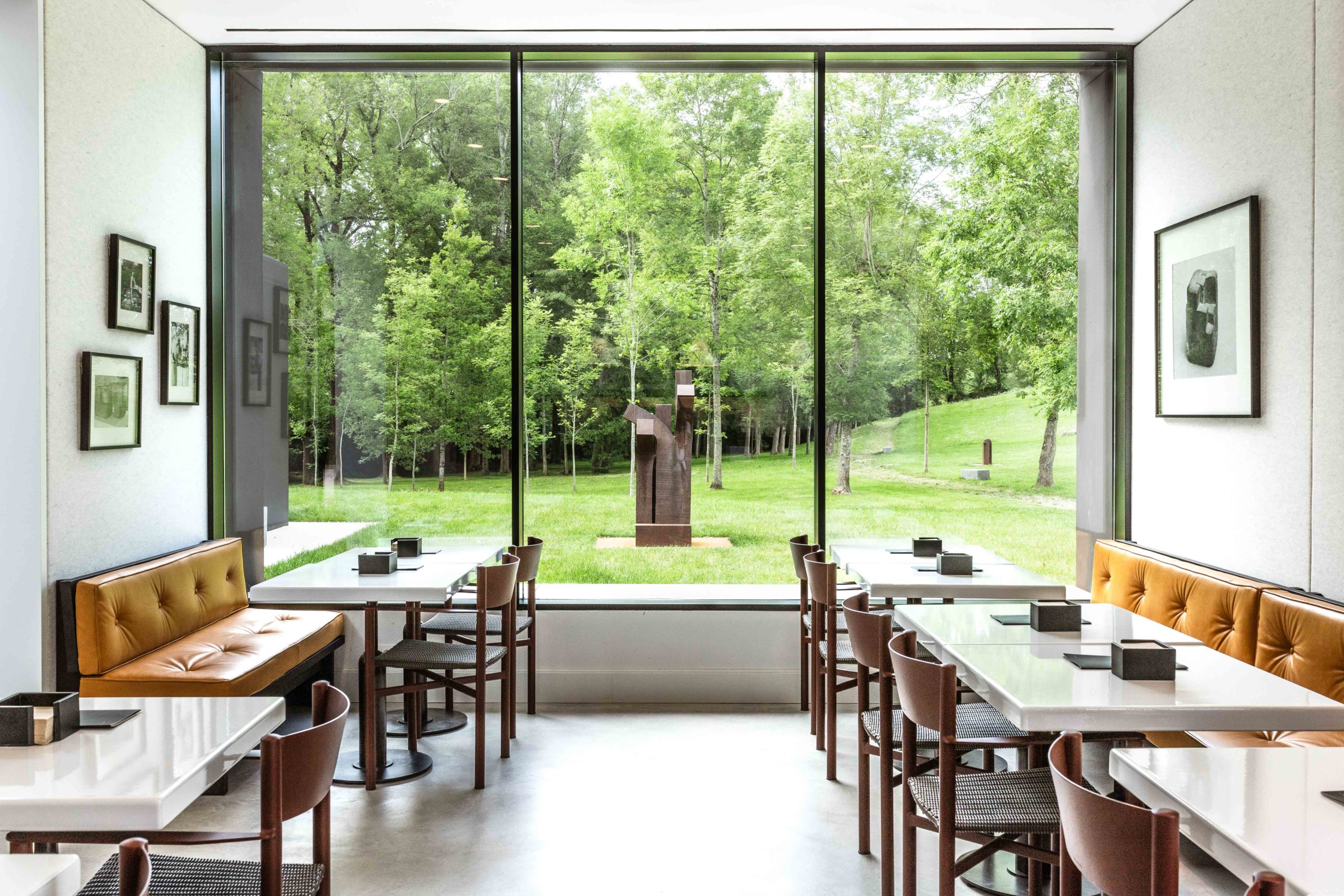
Lurra Cafe
Lurra Cafe is the product of a partnership between Chillida Leku and Orona Fundazioa. The project first originated from the idea of providing healthy and sustainable food for the employees and visitors of Orona and evolved to become an active agent in the local economy, championing the values of social and environmental responsibility. This philosophy is shared by Chillida Leku and Lurra, which are located just one kilometre away from Orona.
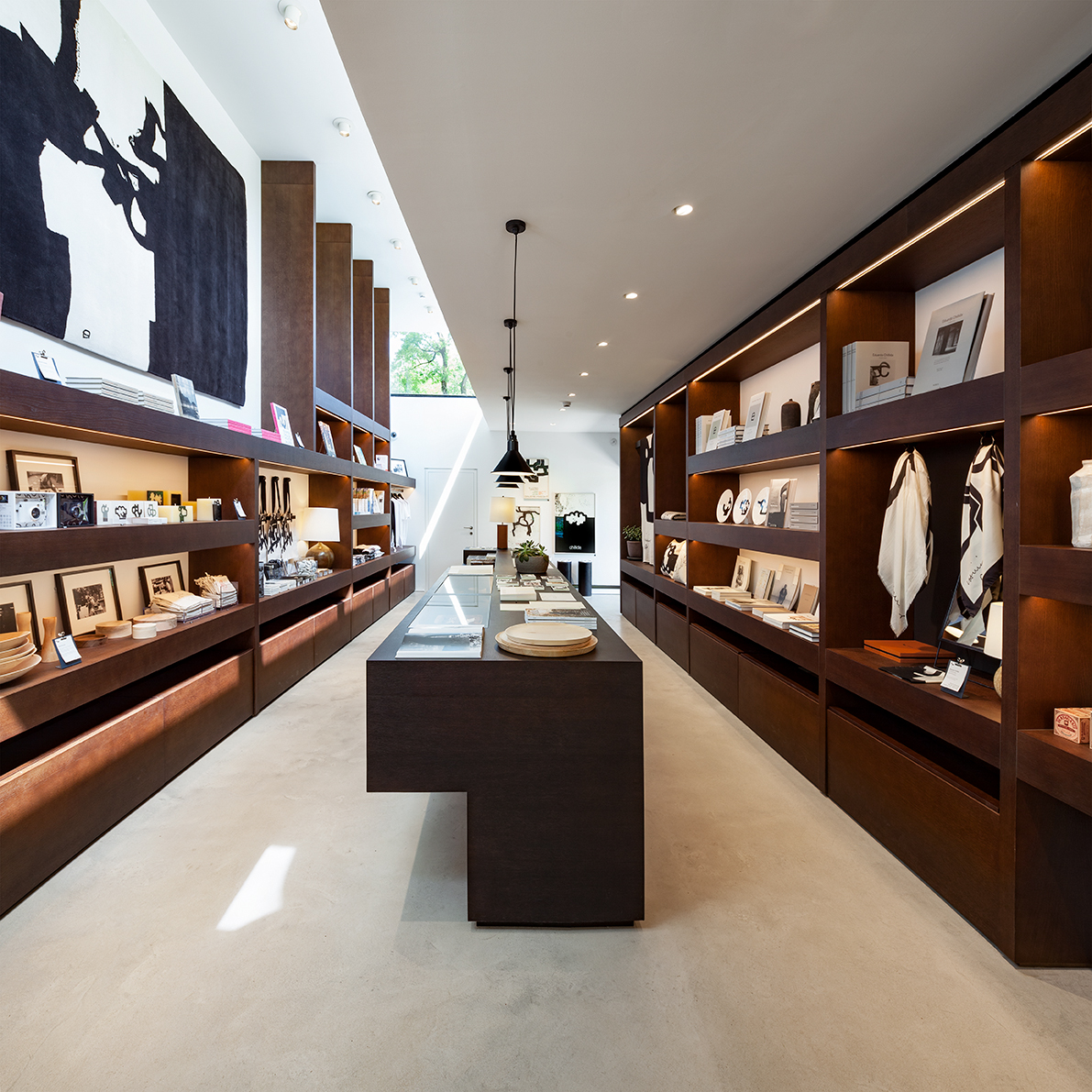
Shop
The museum store is located in the visitors’ pavilion and has been completely refurbished. In the store, visitors will have access to a carefully curated selection of art books, heavily focused on Eduardo Chillida’s work, as well as specialized publications that will be periodically updated.
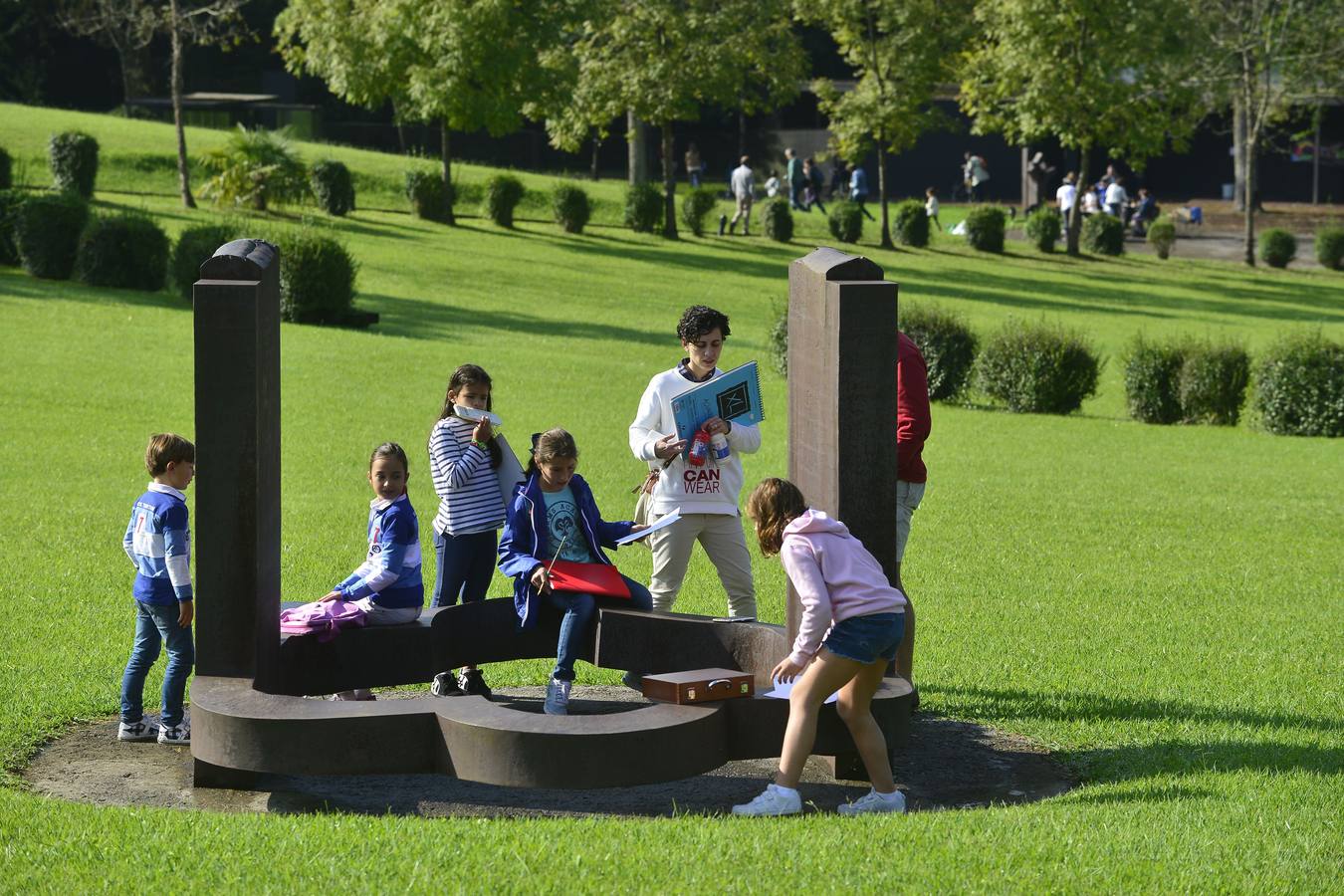
Learning at Chillida Leku
The Chillida Leku Education Department brings visitors closer to the work of Eduardo Chillida and to the museum program. Staying true to the artist’s philosophy that ‘art isn’t taught,’ the museum’s tours and activities offer a direct experience of Chillida’s artworks based on observation, experimentation, reflection and action.
The Education Department approaches the museum as a meeting place—an open and welcoming place that facilitates an exchange of knowledge and experiences. It is an active space that generates learning processes which are adapted to the needs of its users. The Department also creates alliances and networks with local agents, schools and institutions. The museum listens to the needs of the education community and is open to the possibility of setting up collaborative projects which not only facilitate greater dissemination of the work and philosophy of Eduardo Chillida, but enable a greater understanding of his work.
Related Stories
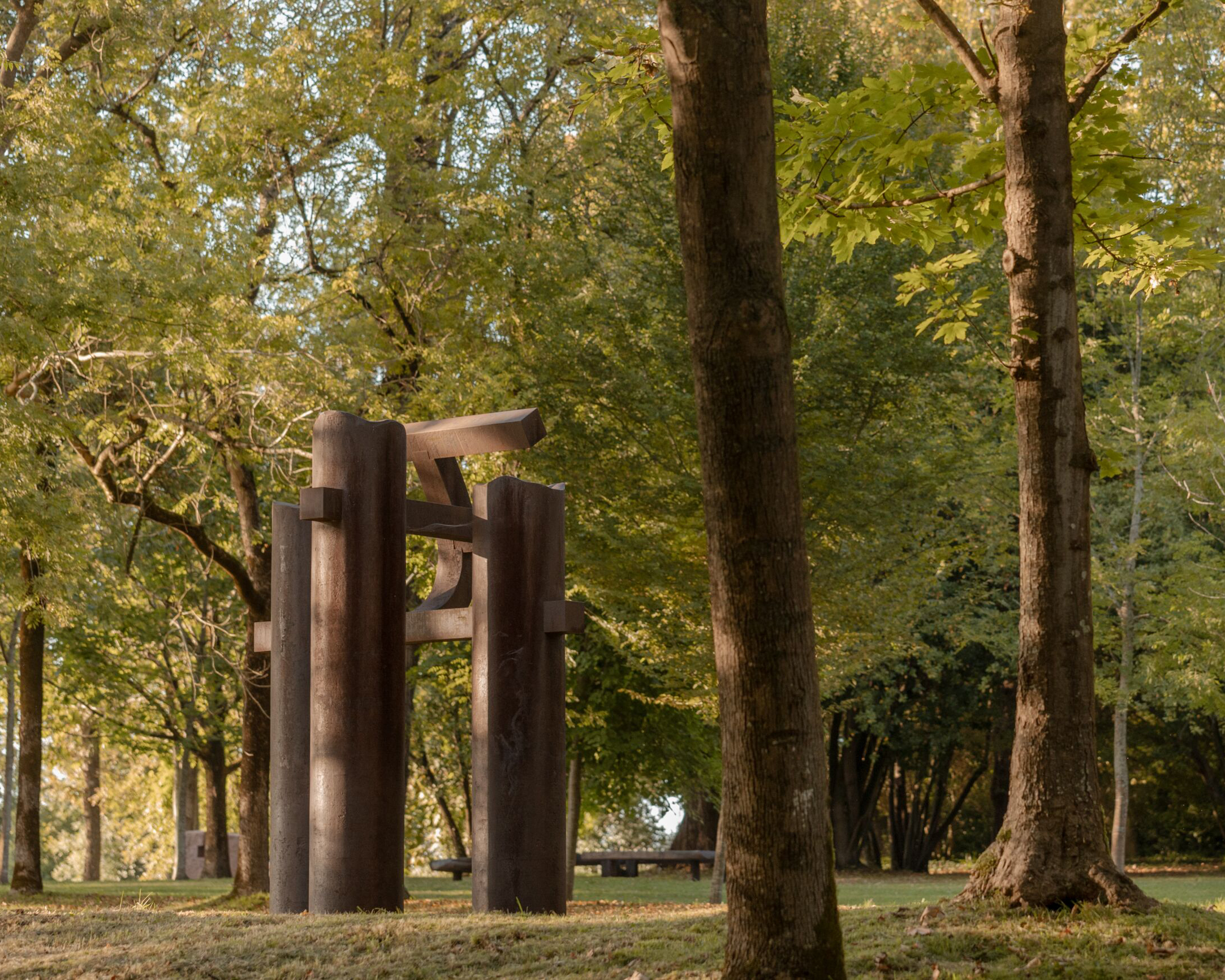
About Chillida Leku
Chillida Leku is a unique museum created by Eduardo Chillida in his lifetime, and is a great work of art in itself. Nature and art naturally come together in the space which encompasses more than 40 large scale sculptures that are integrated into the landscape as though they had always been part of it. In the garden, beech, oak and magnolia trees live alongside the monumental steel and granite sculptures of Eduardo Chillida, situated in perfect dialogue with their surroundings.
